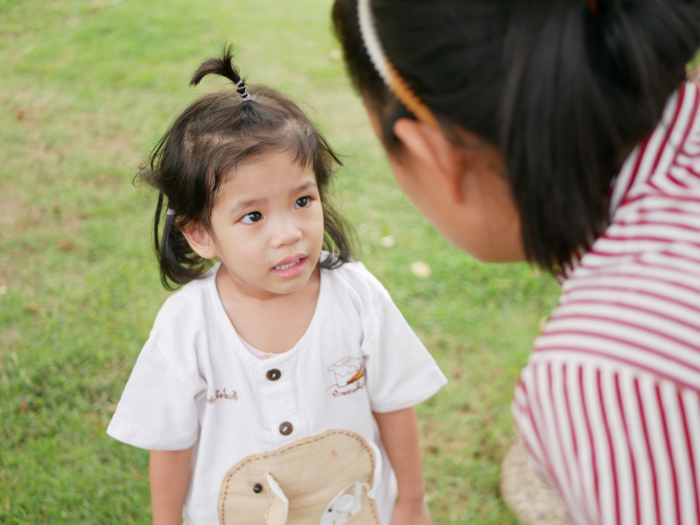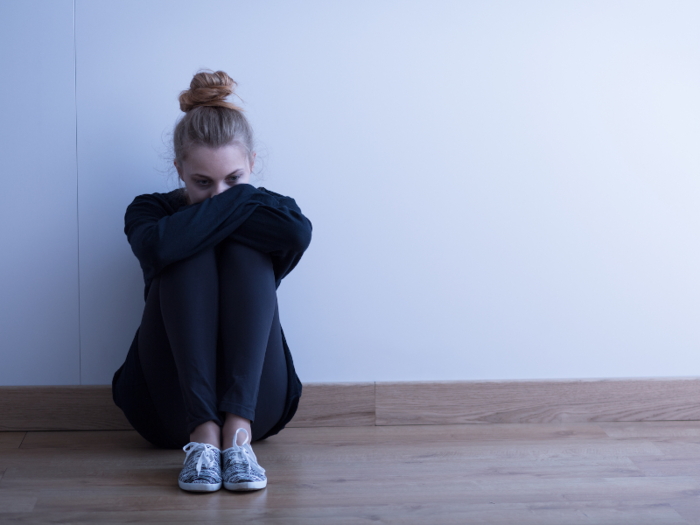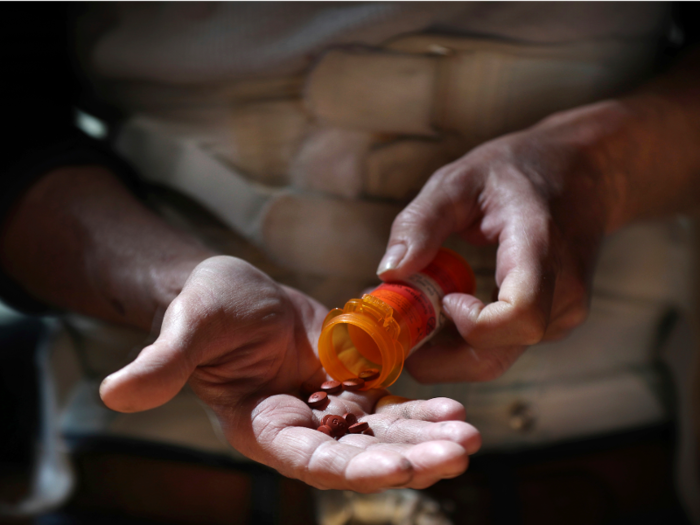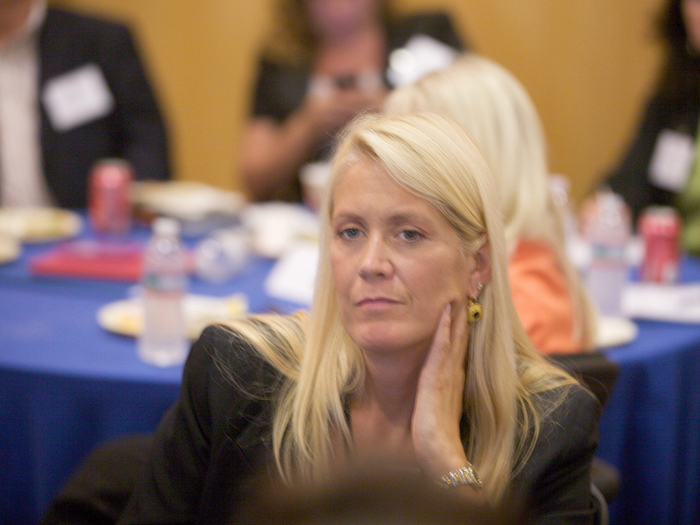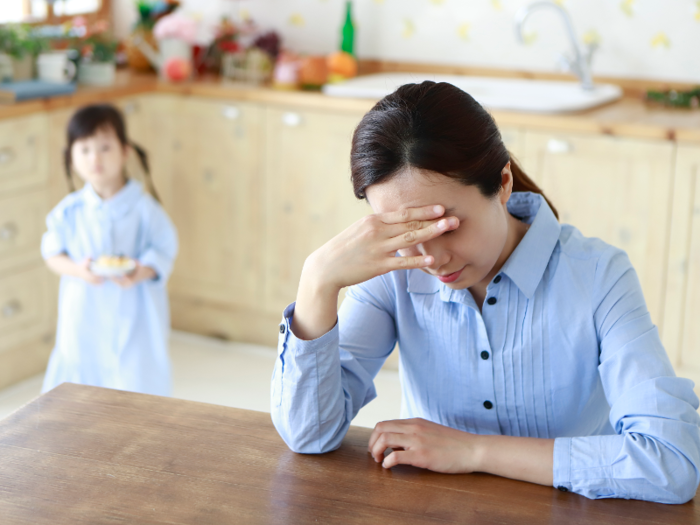If your parent was drug-dependent, you may have ended up having to take care of them as a child — which can cause problems with having fun as an adult.
Growing up with alcohol or drug dependent parents can lead children to take on the caretaking role early in life, Mark B Borg, Jr., a NYC-based clinical psychologist and a psychoanalyst, told Business Insider.
In turn, kids may lose out on a childhood to take care of their parents. As they themselves get older, this could lead to trouble having fun or letting their guard down, according to Portland Lifestyle Counseling.
Or, depressed parents may lead children to act like they're happy. This can lead to a hesitation to open up emotionally in adulthood.
If children recognize their parents are unhappy, they start performing in a way they know can cheer their mom or dad up, Borg said. Children grow used to taking care of their parents in the form of performing behaviors they know will please their parents, but might not be what they want to do.
In adulthood, you continue performing for other people instead of being vulnerable and open with their emotions.
"You're basically preforming to make your parents feel better so they can be more active and parent you," Borg said. "What they wind up doing inadvertently as adults is they wind up being unable to take in what other people have to offer. The caretaking works against being vulnerable."
Over-involved "helicopter" parenting during childhood has been linked to anxiety problems in adolescence — and even the abuse of pain pills.
"Helicopter" parenting describes adults who take an over-active role in their child's lives through not allowing them to play unsupervised and spending too much time with them.
After growing up, children of helicopter parents have a higher likelihood of developing depression and anxiety, as well as recreationally using prescription pain pills. The results come from a 2011 study which sampled 317 college students on the impact their parents had on their mental health.
Researchers also found adult children of helicopter parents may be more self conscious and less open to new ideas.
Over-involved parenting also may lead to feelings of entitlement and less self-efficacy when you get older.
In a 2012 study analyzing 339 groups of parents and their young adult children, researchers looked at causes of self-efficacy — or confidence you can do something — and entitlement.
Researchers found that when parents emphasized control when their children grew up, young adults reported having lower levels of self-efficacy, yet greater feelings of entitlement.
When parents had open communication and adequately set up rules, young adults felt higher levels of family satisfaction than those with controlling parents.
Stressed out or emotionally abusive parents lead to children with higher levels of "defenses" to shield them from experiencing pain. These traits carry on into adulthood and lead to trouble nurturing their own children.

